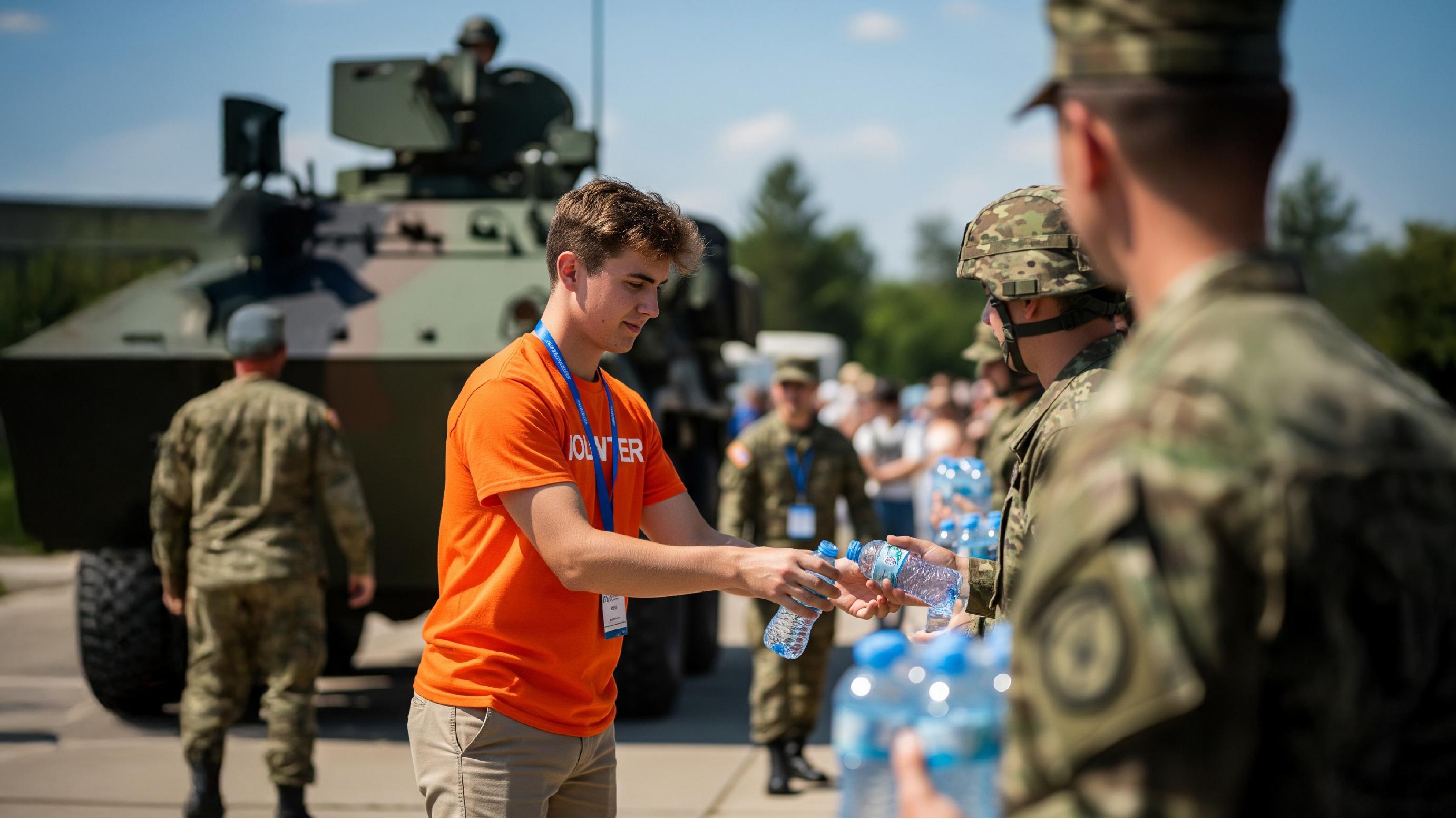MILITARY SEES SURGE IN DOMESTIC VIOLENCE CONVICTIONS UNDER NEW REFORM LAW

The military is bringing significantly more domestic violence cases against service members to court in 2025. This shift comes in light of recent reforms that were implemented in 2023. This shift is also seen in tandem with the surge in conviction rates, which is cited as being tied to a major overhaul that is taking place, changing how serious crimes are prosecuted in the ranks.
This overhaul comes after years of advocacy by Senator Kirsten Gillibrand, who has been focused on investigating how the military handles domestic violence and sexual assault crimes. With bipartisan support, the legislation—part of the Fiscal Year 2023 National Defense Authorization Act—stripped prosecutorial authority for major crimes from commanders and placed it in the hands of the Special Trial Counsel.
Now, 17 months into implementation, the data is showing that the legislation is working. “Protecting service members, holding perpetrators accountable, and getting justice for survivors is critical to rebuild trust in the military justice system,” Gillibrand said in a statement last month.
Before these reforms, many domestic violence cases were dismissed, ignored, or quietly handled within the chain of command—often leading to insufficient action, particularly when senior ranks were involved.
Now, the new legislation has changed this reality.
Military court data confirms that domestic violence convictions have more than doubled across every branch. The Army, for example, jumped from 43 convictions in 2021 to 101 in 2024. The Navy saw a more than fivefold increase. The Air Force more than doubled its convictions, while the Marine Corps’ numbers show a steady upward trend.
Now, for the first time, higher-ranking service members are being held to account in meaningful numbers—a clear departure from previous trends that disproportionately punished junior enlisted personnel.
Countless Stories Urged Lawmakers to Act
In 2022, the Department of Defense reported over 8,300 incidents of domestic abuse, 14 of which were fatal. That same year, the military issued only 69 domestic violence convictions.
Such numbers raised much alarm, highlighting underreporting, and a mistrust in the system which placed survivors at continued risk—especially in cases where the abuser held financial, professional, or rank-based leverage.
Stories like that of Kate Ranta—a civilian survivor of domestic violence by her Air Force major ex-husband—underscore the stakes. Her former spouse was allowed to quietly retire despite substantiated abuse findings. A year later, he returned and shot both her and her father in front of her young son.
“The lethality that eventually happened... could absolutely have been avoided,” Ranta said in a recent interview. Her story, and countless others, called advocacy groups and lawmakers to act.
Justice Beyond the Chain of Command
The crux of Gillibrand’s reform was clear: commanders, who are not trained legal professionals and are often closely linked to the accused, should not have the power to decide whether to prosecute serious crimes.
Now, independent military prosecutors—legal experts outside the traditional chain of command— will evaluate and prosecute domestic violence, sexual assault, murder, and other major offenses. This new model brings objectivity, legal rigor, and survivor-centered processes to cases that were once vulnerable to bias or quiet dismissal.
According to Veterans’ advocacy group Protect Our Defenders, the reforms are not only helping victims see justice but are also restoring faith in a system that had long favored protection of the institution over protection of the individual.
“There’s all sorts of conflicts embedded in a system where a non-legal expert in the chain of command is making decisions,” said Josh Connolly, a senior leader at the organization.
Advocates Call For More Work Ahead
Despite this progress, many advocates are highlighting the gaps that remain. Thousands of domestic violence incidents each year still never reach trial. Survivors continue to face barriers—from fear of retaliation to limited access to resources—especially those stationed overseas or financially dependent on their abusers.
In light of this, advocates are stressing the need for continued oversight, survivor support services, and cultural change within the military community.
Gillibrand agrees explaining, “While there is more work to be done to end the scourge of sexual and domestic violence within the armed services, these reforms are a turning point. We will keep pushing for accountability.”
If you or someone you know is experiencing military-connected domestic violence, there is a 24/7 Hotline available. The number to call is - 1.800.799.SAFE (7233).
The Defense Department’s Family Advocacy Program has shared this fact sheet for anyone wanting to report an incident of domestic violence.
Suggested reads:
SHARE:
TAGS:
JOIN OUR NEWSLETTER
Get the latest news and military discounts



